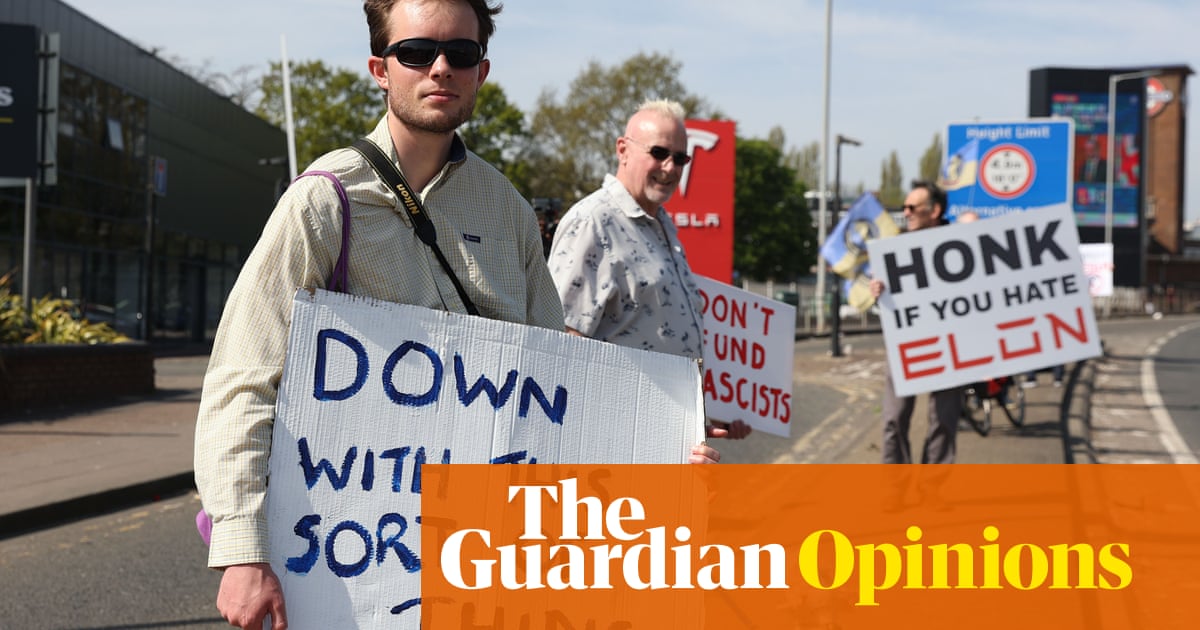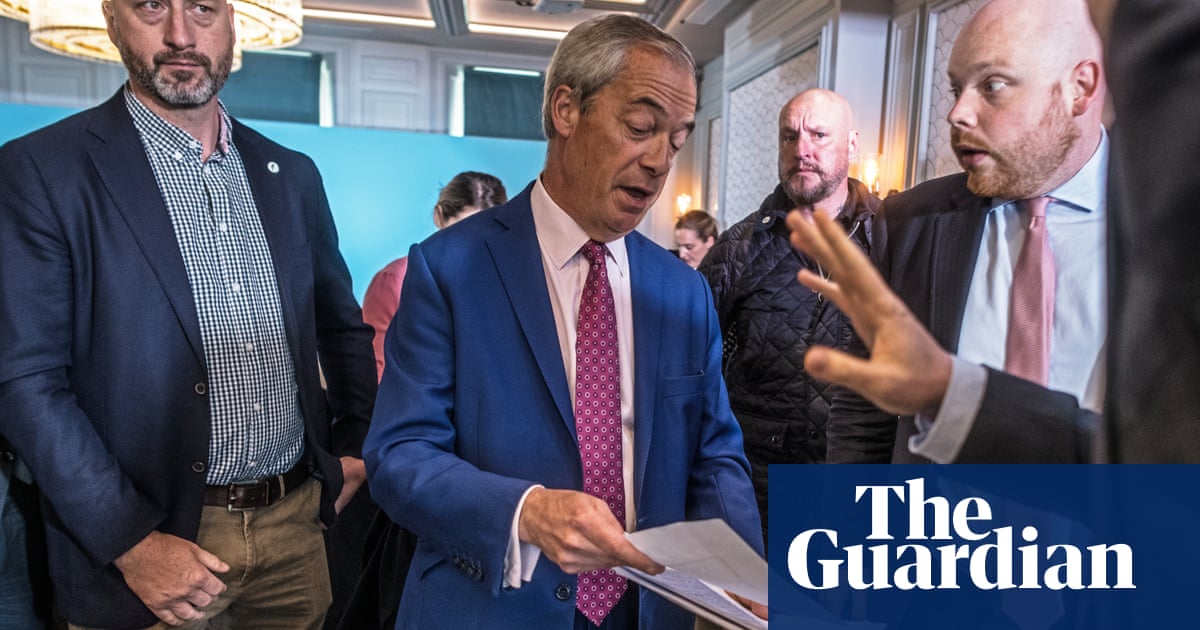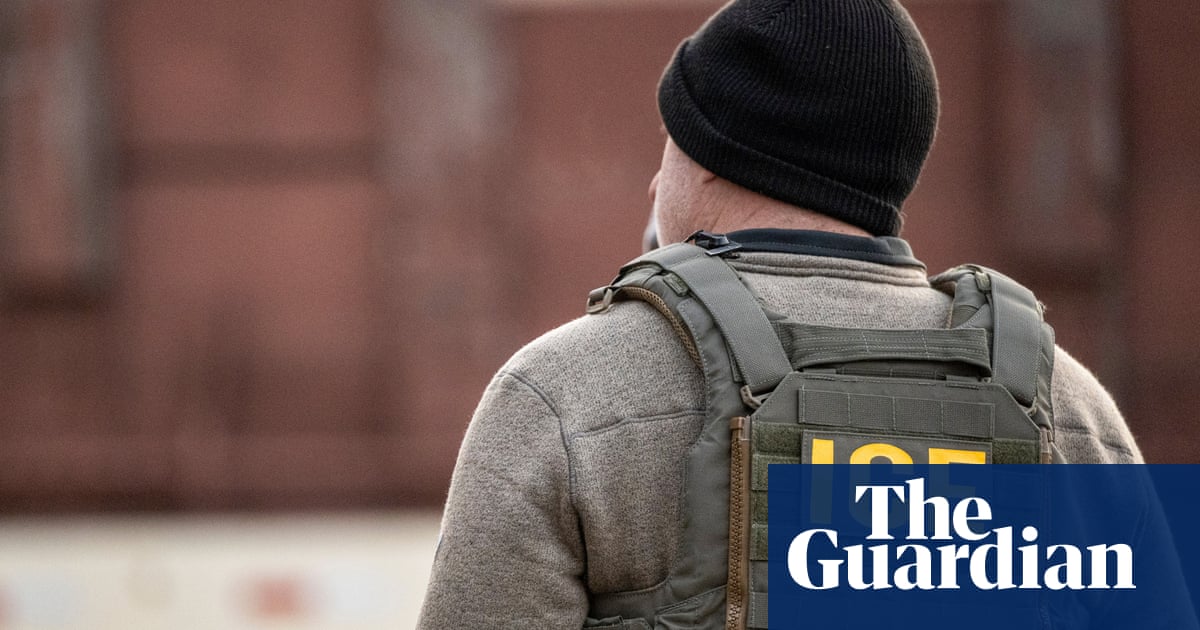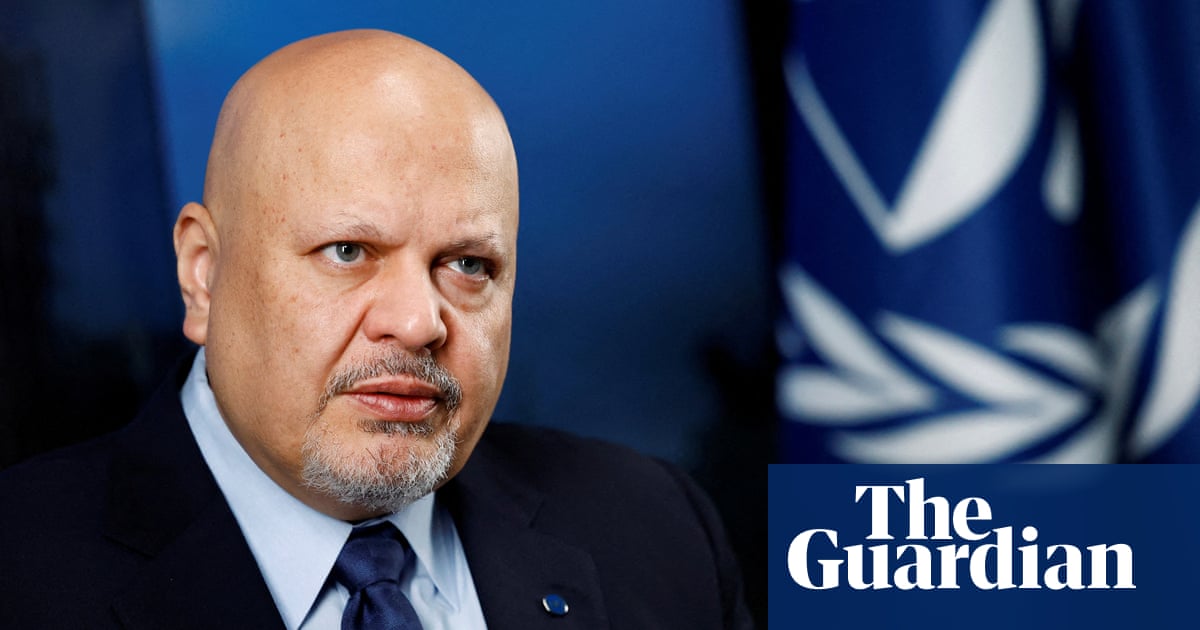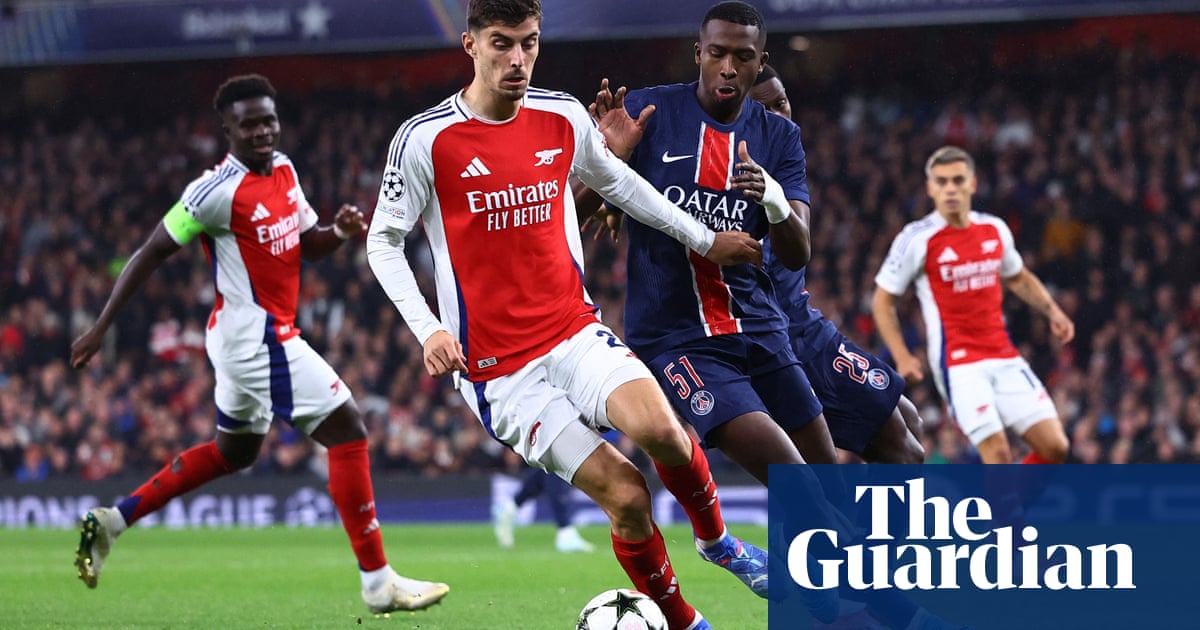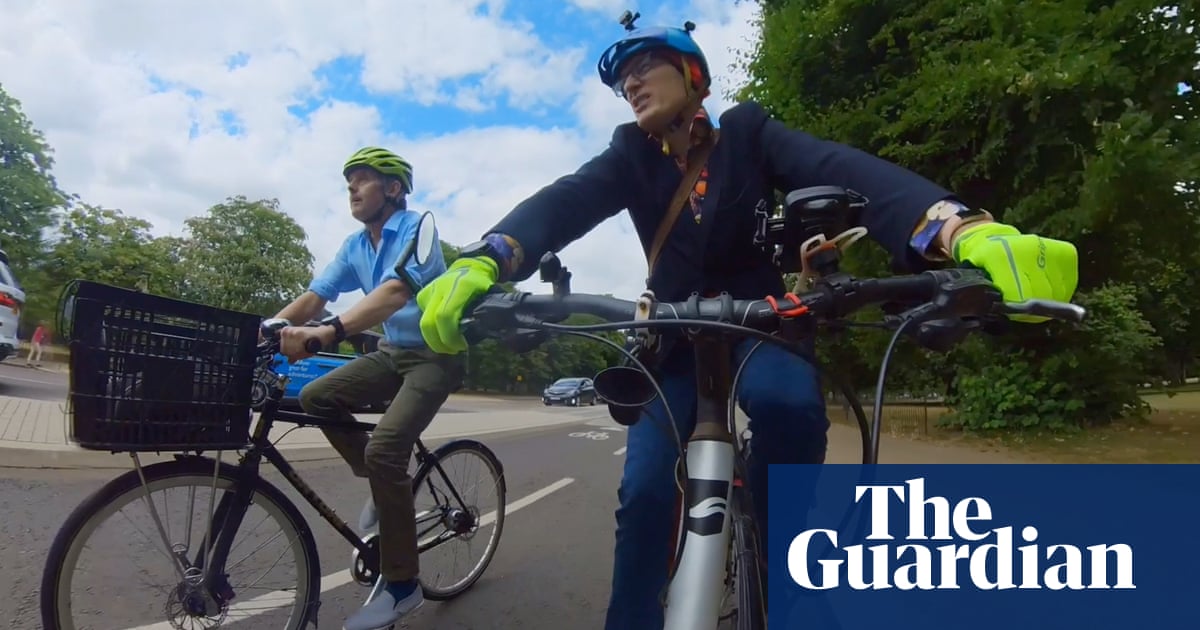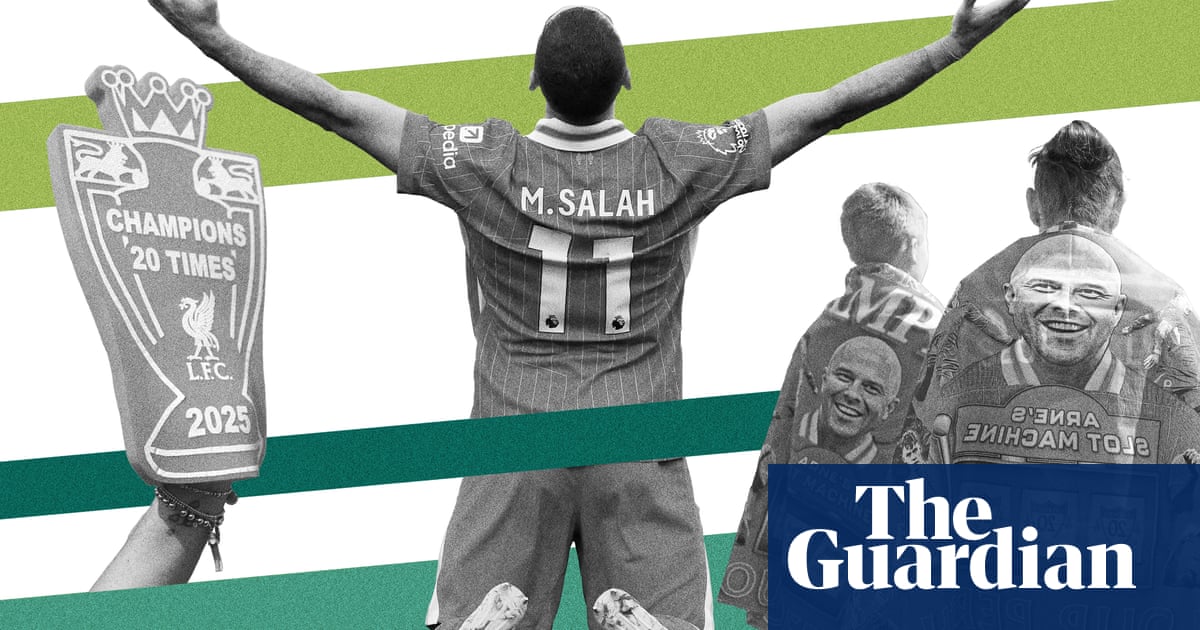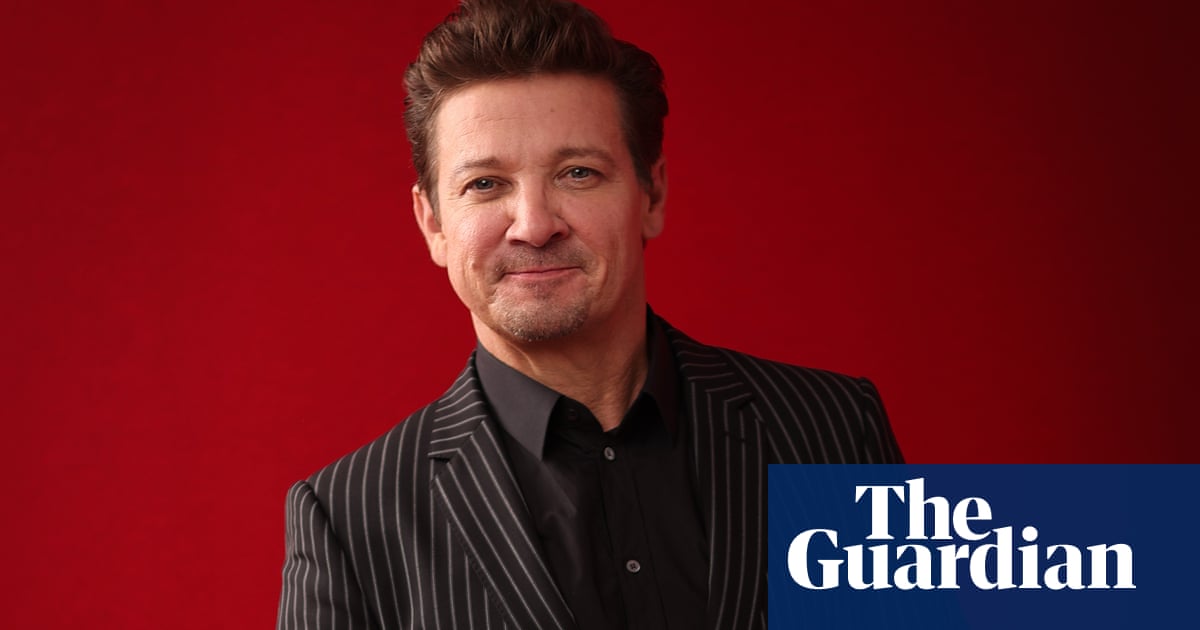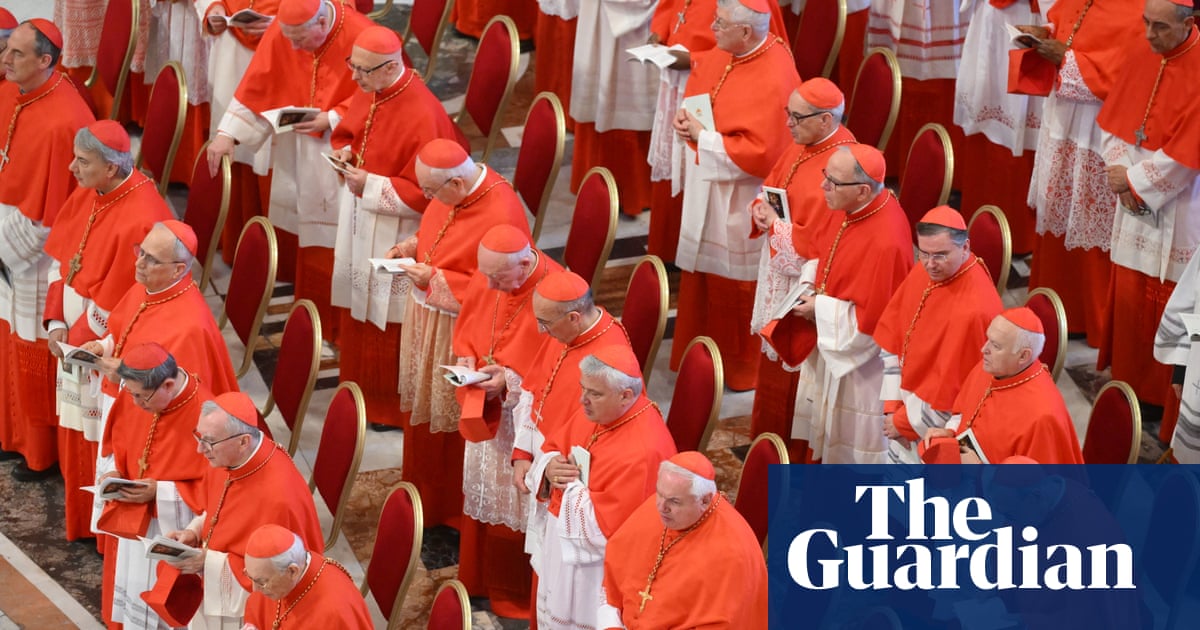The most recent diplomatic effort to find a way to stop Russia’s invasion of Ukraine took place at the most unlikely of events: the funeral of Pope Francis. The image of Presidents Zelenskyy and Trump leaning toward each other, under Carlo Maratta’s late-17th-century painting, The Baptism of Christ, rekindled hopes that the US might, at last, hear Kyiv out. Would this unexpected setting make Trump’s compassion, so frequently expressed for the loss of human life, real? And could it lead to a better strategy for ending this criminal and brutal war?
The goal of Kyiv and the coalition of the willing – a group of 31 nations that back Ukraine in its fight against Russia – is to distance Trump from what has become a dangerous rapprochement between the Washington and Moscow. But this will be an uphill battle – Europe and Kyiv are trying to fight their way to Trump’s ear just when the US is backing Russia’s position.
The most recent blow has been Trump’s willingness to recognise the annexation of Crimea and to explicitly veto Ukraine’s membership of Nato. The US’s seven-point plan to end the war, presented to Kyiv and its allies in Paris last week, came alongside secretary of state Marco Rubio’s promise to abandon the talks and focus on other global issues if progress wasn’t made quickly. And yet, the US has made no movement toward guaranteeing implementation of a deal or providing deterrence against Russia having another go.
Hope can lift the spirit, but it’s not a good strategy. Trump’s second term has torpedoed the world order, in a manner that is especially dangerous for Ukraine and the rest of Europe. Three factors make the diplomatic efforts to defend Europe and achieve a good outcome in Ukraine precarious.
First, the disturbing alignment in worldview between the White House and the Kremlin. Both Trump and Putin believe the world is a superpowers’ playground, where the powerful do what they choose, and the smaller do what they must. Power is expressed as coercion and military might. Their geopolitical agendas can be achieved at the expense of other nations and territories, be they Ukraine or Greenland, in violation of the UN charter.
Trump has already validated Putin’s fabricated narrative that the war was provoked by the west and Ukraine is a culprit. In opposition to the free world, it has voted with Russia, North Korea and Belarus three times on various UN resolutions concerning the war. In March, the US Department of Justice pulled out of the international body investigating the Russian crime of aggression in Ukraine.
Second, Trump’s erratic decision-making makes it hard for Ukraine’s European allies to work on a coordinated plan of their own. The feeling is that Trump will pursue not what is good for peace and stability, but whatever the last person he spoke to told him. One former business associate recalls his fear of strategies being upset by the last thing Trump would hear from the doorman operating an elevator.
It is positive that Zelenskyy and other large European state leaders, Keir Starmer and Emmanuel Macron, were able to speak with Trump in the Vatican. Their main message was likely “do not trust Putin when he says he is interested in peace, while he keeps waging war”. In recent weeks Ukraine’s top general confirmed that a new Russian offensive near Kharkiv and Sumy had begun. Ukraine has insisted on a total, unconditional ceasefire for any serious talks to begin.
And it seems that Vatican diplomacy had at least some temporary effect. On Saturday, Trump publicly doubted Putin’s intentions and threatened Russia with secondary sanctions if there is no deal. The last time he mentioned sanctioning Russia was in January, but no action followed.
But what if Trump’s envoy, Steve Witkoff, just back from his fourth visit to Moscow, produces the “doorman effect” and persuades Trump to continue his policy of appeasement? Russia is trying to lure the US with business and geopolitical deals. The most personal project is the 150-storey Trump Tower in the centre of Moscow. The Kremlin has managed to have some of its most outrageous narratives voiced in the White House. It may be just a matter of time before Trump agrees to lift all US sanctions on Russia in order to do business together – and push Europe to follow suit.
This brings us to the third and final reason to distrust Trumpian diplomacy: the American president loves to exercise power for the sake of it, not to engage in policymaking with clear strategic outcomes. By sidelining Europe and Ukraine and engaging in direct talks with Russia, Trump is showing his might. He believes Europe cannot defend itself against Russia without the US at the moment. This gives him power. And he also believes Ukraine depends on US intelligence and military aid, especially Patriot missiles for air defence. Being at the high table with Putin, signing a ceasefire, is also a show of power, regardless of whether the deal lasts and brings peace and justice.
With such an unreliable leader in the White House, Europe simply cannot count on the US to have its back and help defend Ukraine. It is dangerous to hope that it can win the tug of war for Trump’s favour over Russia. While the talks continue, Europe must prepare for its standoff with Russia alone. Those talks may buy time, but they will not replace the urgent need for credible investment in defence to counter Russia.
-
Orysia Lutsevych is deputy director of the Russia and Eurasia programme and head of the Ukraine forum at Chatham House

 5 hours ago
10
5 hours ago
10
